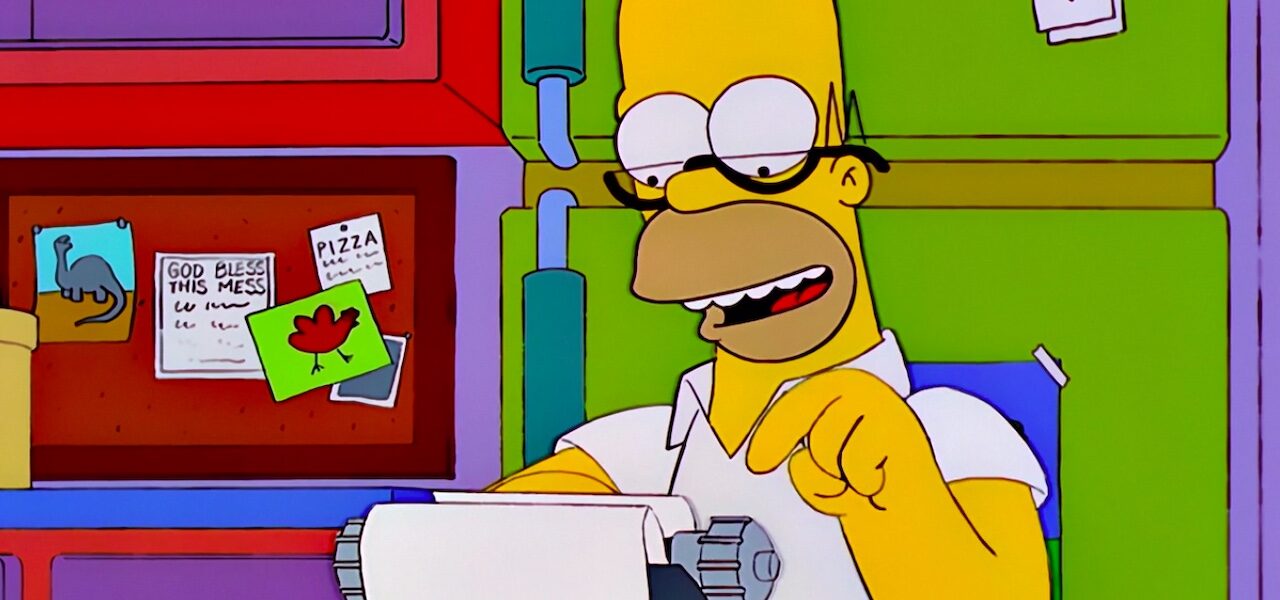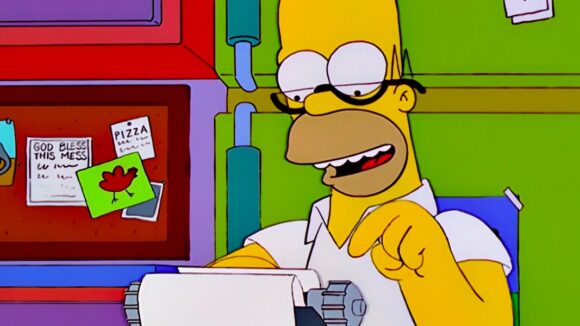

WGA Inflames Tensions By Telling Out-Of-Work Live-Action Writers To Switch To Animation
While the coronavirus has shut down live-action production, much of the animation industry continues to operate through remote working. This disparity has caught the attention of the Writers Guild of America West (WGAW) union, which is encouraging its members to seek coverage on animation projects — and reigniting employment tensions in the process.
On Tuesday, the union’s board of directors issued a message to its 10,000 members, the vast majority of whom work primarily in live action. “We have heard from members that studios and producers are increasingly interested in developing animated projects,” it says. “This is an important moment to remind you that the WGA can and does cover writing for animation.”
WGA West is the dominant writers’ union in Hollywood, and its contracts cover some high-profile animated shows, including The Simpsons, Bojack Horseman, and Undone. But most of the animation industry is represented by The Animation Guild (I.A.T.S.E. Local 839), which covers writers as well as other artists.
Animation writers can belong to both WGA West and The Animation Guild, and many do. But this overlap has caused frictions between the unions in the past. The issue of jurisdiction over animation writers became a point of contention during the WGA strike of 2007–08 (this Variety article from the time has more).
This conflict arises from a quirk of animation history. When the industry was beginning to organize in the prewar years, shows weren’t scripted so much as storyboarded, and this process was seen as part of the animation process. As such, writers fell under the jurisdiction of animation unions, and have mostly remained there even as scripting has become integral to the industry.
As animated shows became increasingly lucrative, the WGA gained a foothold in the sphere. In 1998, it signed an unprecedented deal with Fox to cover prime-time shows The Simpsons, Futurama, and King of the Hill. It now has contracts for animated projects with the likes of Paramount, Netflix, Apple TV+, and HBO Max.
Here’s the text of the full statement from WGAW:
The necessity of social distancing has halted nearly all live-action production in our industry. However, many animated programs have continued production with crews working remotely from home. As a result, we have heard from members that studios and producers are increasingly interested in developing animated projects. This is an important moment to remind you that the WGA can and does cover writing for animation. If a producer tells you, “The Writers Guild doesn’t cover animation,” that is simply not true.
Many prominent animated television shows — on broadcast (Bob’s Burgers, Family Guy, The Simpsons), cable (American Dad), and streaming (Bojack Horseman, Big Mouth, Disenchantment, F is for Family) — are covered by WGA contracts. In fact, our Contracts Department recently negotiated deals to cover new animated series for Netflix (Q-Force, Hoops), Amazon (Undone), Apple TV+ (Central Park), and HBO Max (The Prince). The WGA also covers animated feature projects, including soon-to-be-released Wendell & Wild for Netflix and The Spongebob Movie: Sponge on the Run for Paramount.
When opening negotiations to write an animated project, you and your representatives should take the stance that your work will be covered by the WGA. A WGA contract will ensure you have residuals, script fees, credit protections, and contributions to the WGA pension & health funds, more important now than ever. The protections and benefits in a Writers Guild contract provide an important financial cushion in a career that can be unpredictable during even the best of times.
The WGA’s latest intervention has elicited mixed reactions from the animation community on social media. Some of their tweets are republished below:
Too often, live action writers flood into animation writing during a strike or a crisis and we’re happy to have you, but very rarely are animation writers welcomed into the live action world the same way. So just spare a thought for us. Thanks!
— Madison Bateman (@madisonbateman) April 14, 2020
We’ve discussed this so many times. WGA doesn’t have blanket coverage of animation like it does in live action, but there are projects and places that are WGA-covered, and more every day.
The email is correct: it’s always worth pushing for on new projects.
— John August (@johnaugust) April 14, 2020
Yo! #Animation showrunners. #WGA is cool. But if you refuse to be covered by the Animation Guild then the studio can make ALL the designer & artist jobs non-guild. You set the precedent! Whatever the union, PROTECT YOUR ARTISTS!
— AC Bradley (the A stands for Ashley) (@TheAshBradley) April 14, 2020
But now, because of #COVID, they are asking new animated shows to go under WGA contracts which will possibly take work away from us and give it to Live-Action writers that will 'suddenly' start writing animation because THEY can do that, we just can't do the reverse… Yep.
— Kelly Lynne D'Angelo ✨ (@yerawizardkelly) April 14, 2020
But obviously if my hopes are that all animation becomes WGA I shouldn't be lashing out at the organization that I wish to be part of. It's just a difficult time and the sudden interest in animation when it's the most viable work right now can be frustrating.
— Benjamin Siemon (@BenjaminJS) April 14, 2020
